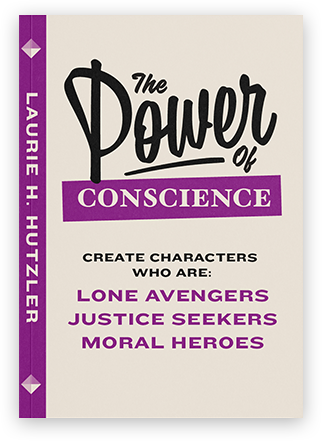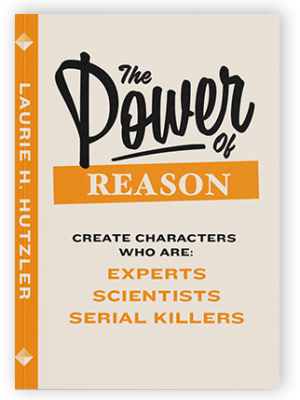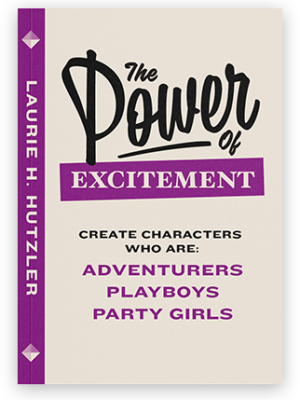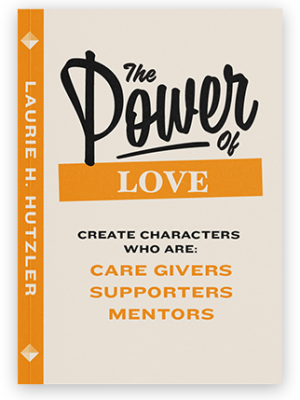Power of Conscience characters know instinctively if something is wrong, unjust, unfair, improper, corrupt or out of line. Their judgment and response is swift and immutable. They are propelled forward by personal outrage and moral indignation, usually on another’s behalf.
These characters believe they are their brother’s keeper. They feel responsible for the greater good and for doing good. They wrestle with how far they should go in seeking justice and fairness for others, in exposing corruption and injustice or in standing up against evil or wrong-doing. They worry about with what is the higher duty and what exactly is required of them in response.
The answer, in a drama, is everything this character holds dear. Over the course of a drama these characters are drawn further and further down the path of righteousness. They are compelled to do one small thing, then another and another until, in the end, they have sacrificed their personal concerns, their safety, their security, their family, their fortunes or often their lives.
They can be a force for good or evil in a story. In their Dark Side these characters believe the ends justify the means (evil behavior for a good or moral purpose). At their worst they can become rigid, accusatory, sanctimonious, judgmental and hypocritical.
On the comedy side, Power of Conscience characters are often pious hypocrites who are exposed in a comedic way or respectable establishment types who get a humorous comeuppance. Or, they can be straight-laced or uptight individuals who need to relax, be more spontaneous and have more fun.





6 reviews for The Power of Conscience eBook
There are no reviews yet.